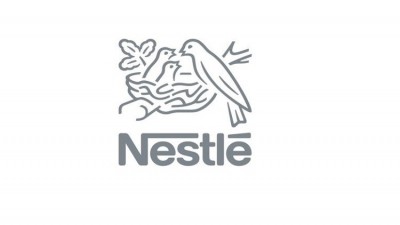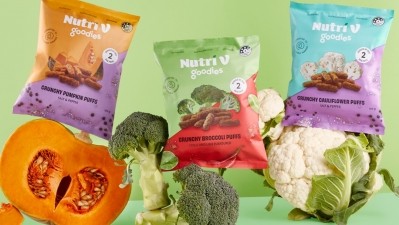‘Make healthy the only option’: Nestle, Del Monte weigh impact of food affordability vs nutrition education

Amidst rising awareness and recognition of the importance of healthier diets across the world post-pandemic, a lot of focus has been on brands providing nutritional education to consumers in order to help them make better food choices. But in practical terms, this may not be enough to make a difference, especially in consideration of recent economic turbulence.
This was the opinion of the expert panel that convened in Dubai to discuss this topic, which comprised of Nestle MENA Head of Nutrition, Health and Wellness Joumana Dabbagh, Fresh Del Monte Marketing Manager MENA Racha El Aawar and European Institute of Innovation and Technology (EIT) Food Director of Communication Saskia Nujiten.
“Many food and beverage companies making sustainability claims and highlighting these in their communications today, but more often than not consumers are unaware of what is going on, which sort of defeats the purpose,” El Aawar told the floor.
“The thing is that sustainability is really not just a buzzword, it is all about making sure that the nutritional needs of the current population are met whilst ensuring that future generations are not compromised – and to achieve this, it is crucial to ensure that food products are both accessible and affordable.
“This requires companies to move out of their comfort zones, to invest in product technologies to drive down costs, to form partnerships that can make a difference, combining their CSR goals together with consumer education.”
But when it comes to education, this is expected to be inculcated in consumers far earlier than companies are able to directly access them, so parents play an important role in forming dietary habits.
“Children learn their eating habits, healthy or otherwise, very early on from their parents as role models and reinforcers of these habits,” Dabbagh said.
“So for Nestle the focus with our nutrition programmes for kids has been in collaboration with governments to connect with the parents, pushing for more fruit and vegetable consumption, exercise and so on.”
That said, younger consumers – even young children – these days are more than capable of accessing such nutritional information on their own via electronic devices, which in turn means that much more in-depth action is needed to make an impact.
“The younger generation today can see all of these things on the internet whether it’s via TikTok or Instagram or any other platform, and the issue is that it is hard to qualify the information that reaches them as anyone on the internet can claim to be an ‘expert’,” Nujiten said.
“What is needed to reach them is science-based information from credible sources but this is not always what they receive.
“[But] in a time where globally there has been a change in inflation and food prices are on the rise, we can see that product prices are a strong influence on consumer buying behaviour, so this is a strong means to help guide choices.”
Dabbagh concurred that there is a need to ensure consumer access to foods that are affordable yet nutritious.
“The key is to focus on product choices that are nutrition-dense and sustainable yet also affordable,” she added.
“But it would also be unwise to ignore the role of providing education to both the children and their parents, such as ways to prepare healthier foods that use legumes, fresh vegetables and so on.
“There isn’t a set time for the impacts to really be seen, but in the longer term, consistent education is still crucial to making this change.”
Make healthy option the only option
In the shorter term, although hitting consumers where it hurts – in their wallets – may not be the only strategy to push them towards healthier choices, it does seem to be the lowest hanging fruit.
“Yes, education is important, but the thing is that product prices have a faster, more direct impact,” Nujiten argued.
“When a consumer cannot afford to purchase a healthier option – all the education in the world is no use to help them make ‘informed’ choices.
“This is clear as oftentimes when there is a choice to be made between a healthy and unhealthy product, we have seen time and time again that prices are what fuel the ultimate decision.
“What is needed here is for the governments to step in and level the playing field, so that manufacturers and retailers can step up and make healthier products more mainstream, but not at the cost of their own profits.
“This is not to say any single entity holds sole responsibility to make changes as lots of collaboration is clearly needed, but there is a need to make changes in the system – preferably to make healthy food options the only option available.”






















